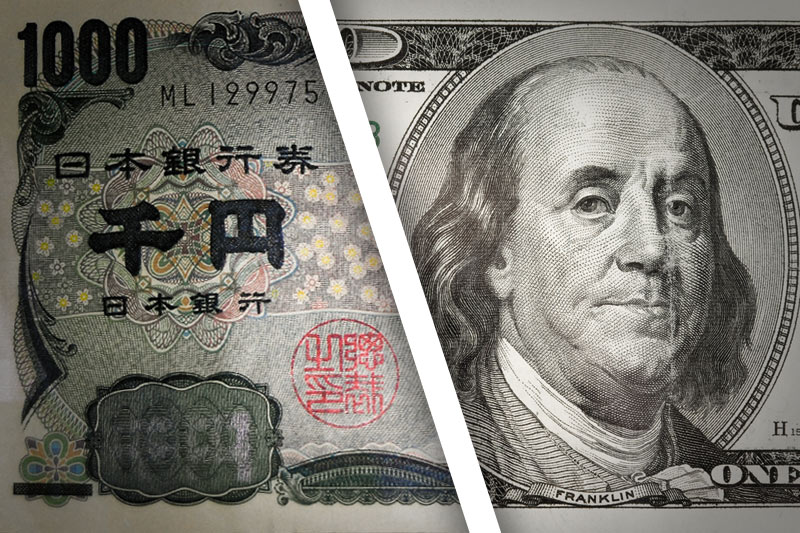Investing.com– Most Asian currencies were muted on Friday as the U.S. dollar remained near a 13-month high, while the Japanese yen steadied after consumer inflation came in slightly above expectations.Â
Regional currencies have lost ground over the last few weeks, pressured by the strength in the dollar, as caution over a slower pace of interest rate cuts by the Federal Reserve weighed on sentiment. Traders were also on edge over just what U.S. President-elect Donald Trump’s policies will entail for Asian countries, especially China.
The Chinese yuan’s USDCNY pair rose 0.1% and was near a four-month high. The yuan has depreciated as much as 1.8% against the dollar so far in November, as middling signals on Chinese stimulus measures also weighed on local markets.
The South Korean won’s USDKRW pair, and the Singapore dollar’s USDSGD pair were largely flat. Both the currencies have lost nearly 2% each against the dollar, so far this month.
The Australian dollar’s AUDUSD pair was also flat, while the Indian rupee’s USDINR pair hovered below record highs, at around 84.5 rupees.Â
Dollar steady at one-year peak
The dollar index was up slightly at 107.06, after touching a one-year high of 107.15 on Thursday. Dollar index futures also steadied near a 13-month peak in Asian trade.
Recent data points- particularly last week’s sticky inflation readings and Thursday’s better-than-expected weekly jobless claims- saw traders pare back expectations of the Fed cutting rates in December.
Speculation over Trump’s policies, which could reignite inflation and limit the Fed’s ability to cut rates in the long term, has also supported the greenback.
Traders were cautious about the outlook for the Fed’s interest rate path, and are pricing in a 61.3% chance of a 25 basis points cut at the December meeting, down from 72.2% a week ago, according to CME FedWatch.
Fed Chair Jerome Powell recently stated that the central bank is in no rush to cut rates, citing the economy’s resilience.
Overnight, labor data showed weekly initial jobless claims unexpectedly dropped to a seven-month low, but also showed that it is taking longer for laid-off workers to find new jobs, indicating the unemployment rate could rise this month.
The personal consumption expenditures (PCE) index, the Fed’s preferred measure of inflation, is scheduled for release next Friday and is expected to provide more cues on interest rates.
Japanese yen steady after stronger-than-expected CPI
The Japanese yen’s USDJPY pair was 0.1% lower after a 0.6% drop in the previous session. But the currency was also nursing steep losses against the dollar through October and November.
Japanese consumer price index inflation grew slightly more than expected in October, while the core measure rose above the central bank’s annual target band, keeping bets alive for another rate hike by the Bank of Japan (BOJ). A Reuters poll showed on Friday that analysts expect the BOJ to raise rates in December.
Sticky inflation is expected to invite more interest rate hikes from the BOJ, after the central bank raised rates twice so far in 2024.
BOJ Governor Kazuo Ueda on Thursday said that the bank will scrutinise data ahead of its rate review next month, and “seriously” take into account the impact yen moves could have on the economic and price outlook.Â
Other data showed Japanese business activity shrank for a fifth straight month in November as demand from private sector companies remained stagnant during the period.
Â


